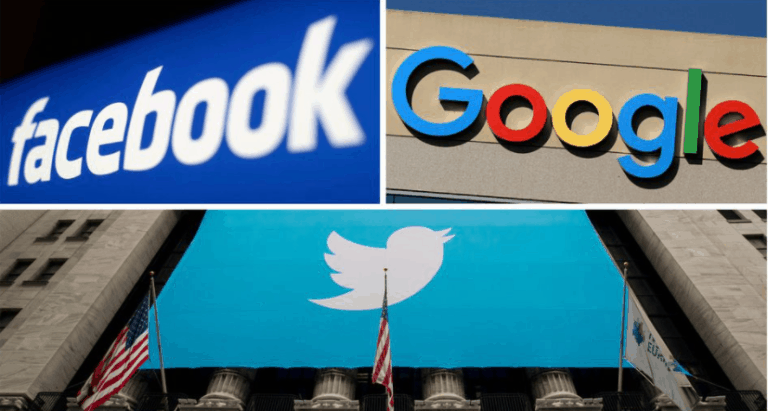A pivotal EU lawmaker in the European Parliament leading the debate on stricter rules aimed at tech giants (Facebook, Google, Amazon) and other similar platforms, now has the backing to tighten the bloc’s citizens’ fundamental rights in the draft rules.
The Digital Services Act, which was proposed by the European Commission in December last year, forces tech giants to be more accountable about what’s on their platforms, including illegal content like hate speech and material depicting the sexual exploitation of children.
Greens lawmaker, Patrick Breyer, is responsible for guiding the DSA through parliament on behalf of its civil liberties and justice committee.
A triumph
Breyer wants there to be a stronger focus on fundamental rights and digital privacy in the rules. On Wednesday, the committee adopted his proposals, which will need the approval of two other committees looking into the rules. The parliament wants to arrive at a common position by the end of this year. Breyer spoke to Reuters, saying that the European Parliament proposal will be more ambitious than the Commission’s proposal and, in some aspects, it could be groundbreaking.
Tighter laws
His proposal includes the right to use and pay for digital services anonymously, wherever reasonably feasible, gradually removing behavioural and personalized targeting for non-commercial and political adverts and zero obligations on platforms to block access to content. As with anything that happens in the bloc, the process will be slow and bureaucratic, but if successful, it could help.
So far, the EU has shown a willingness to embrace tougher laws for tech giants, as evidenced by the introduction of the GDPR and now, the upcoming DSA and DMA proposals. The insistence to adhere to laws better for consumers may even inform the blueprint for how tech giants operate and behave globally.
